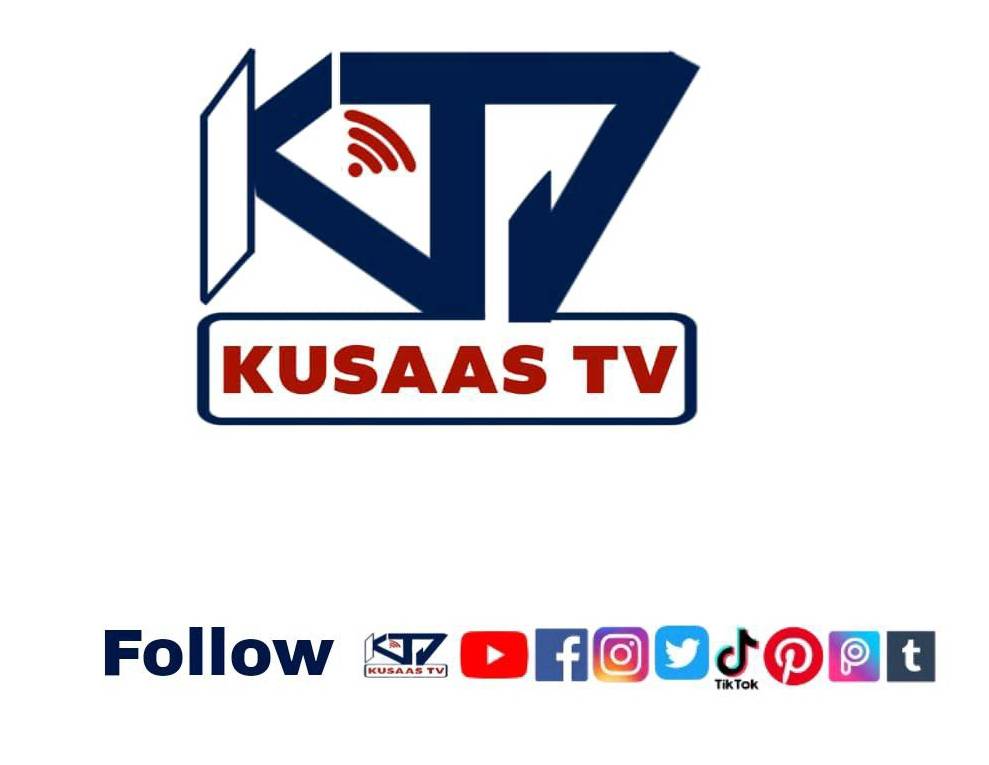On the morning of Wednesday, November 27, 2024, a shocking incident disrupted the daily routine at Metro TV, one of Ghana’s prominent television stations. During a live broadcast of the *Good Morning Ghana* show, armed individuals, including policemen and civilians, stormed the premises near Alisa Hotel in North Ridge, Accra. The incident not only interrupted the show but also raised serious concerns about the safety of journalists and media houses in Ghana.
The morning started like any other, with Randy Abbey, the show’s host, engaging his audience in discussions with his guests, Kwesi Pratt Jnr., the Managing Editor of *The Insight Newspaper*, and Dr. Richard Asante Yeboah, Executive Secretary of the Public Servants Housing Loan Scheme. Suddenly, chaos erupted outside the studio. The station’s security guard, who tried to stop the intruders, was injured as they attempted to force their way inside.
Abbey, visibly shaken, addressed the unfolding situation live on air. “We do not know what it is for, but they were trying to forcibly enter the studio,†he explained to viewers. The show continued for a short while, but the tension was palpable. Pratt, one of the guests, expressed his concern, saying, “They are still trying to enter the studio.†The show was then abruptly interrupted as private security personnel rushed to handle the situation.
Noble Crosby Annan, a journalist from TV3 who reported from the scene, described the tense atmosphere. Police officers eventually arrived to bring calm to the premises, but the situation remained uneasy. Meanwhile, Metro TV’s management quickly convened a meeting to understand what had happened and to decide on their next steps.
The motives of the armed individuals remain unclear, leaving everyone wondering what could have led to such an audacious act. The incident has drawn widespread public attention and condemnation. Viewers, journalists, and stakeholders alike are questioning how such an event could occur at a media house, a place that should be safe for journalists to do their work without fear.
The attack is a stark reminder of the risks faced by media practitioners in Ghana. Journalists, who often report on sensitive issues and hold power to account, frequently face threats. This incident has reignited discussions about the safety and protection of media personnel.
The public is also calling for swift action by the authorities to investigate the incident and bring the perpetrators to justice. Many believe that if such attacks are left unchecked, it could embolden others to target media houses and journalists, threatening press freedom in the country.
For now, Metro TV’s management has not released a detailed statement, and authorities are yet to explain the reasons behind the attack. The lack of immediate information has only added to the anxiety among viewers and the broader media community. The security of journalists is a critical issue that affects not only the individuals involved but also the public’s access to unbiased and accurate information.
Ghana has long been seen as a beacon of press freedom in Africa, consistently ranking high in global press freedom indices. However, incidents like this cast a shadow over the country’s reputation. Media practitioners are calling for stronger measures to protect journalists and ensure their work is not hindered by fear or violence.
This incident has also sparked debates about the adequacy of security measures at media houses. Many are questioning whether news outlets have enough protection to prevent such events. While media houses often rely on private security, this event highlights the need for stronger partnerships with law enforcement to safeguard journalists and their workplaces.
The coming days will likely bring more clarity as investigations progress. For now, the public is left to speculate about the reasons behind the attack and what it means for the future of press freedom in Ghana. The incident has reminded everyone of the challenges faced by journalists, who play a vital role in informing the public and holding those in power accountable.
As Ghana grapples with this unsettling event, one thing is clear: the safety of journalists and the freedom of the press must remain a top priority. The media is a cornerstone of democracy, and protecting it is essential for the growth and stability of any nation. This incident serves as a wake-up call for authorities, media houses, and the public to work together to create an environment where journalists can work without fear and intimidation.
The Metro TV incident is a tragic but important reminder of the risks faced by those who bring us the news. As the nation waits for answers, one can only hope that this event will lead to stronger protections for journalists and greater awareness of their vital role in society.




No comments yet
Be the first to share your thoughts!